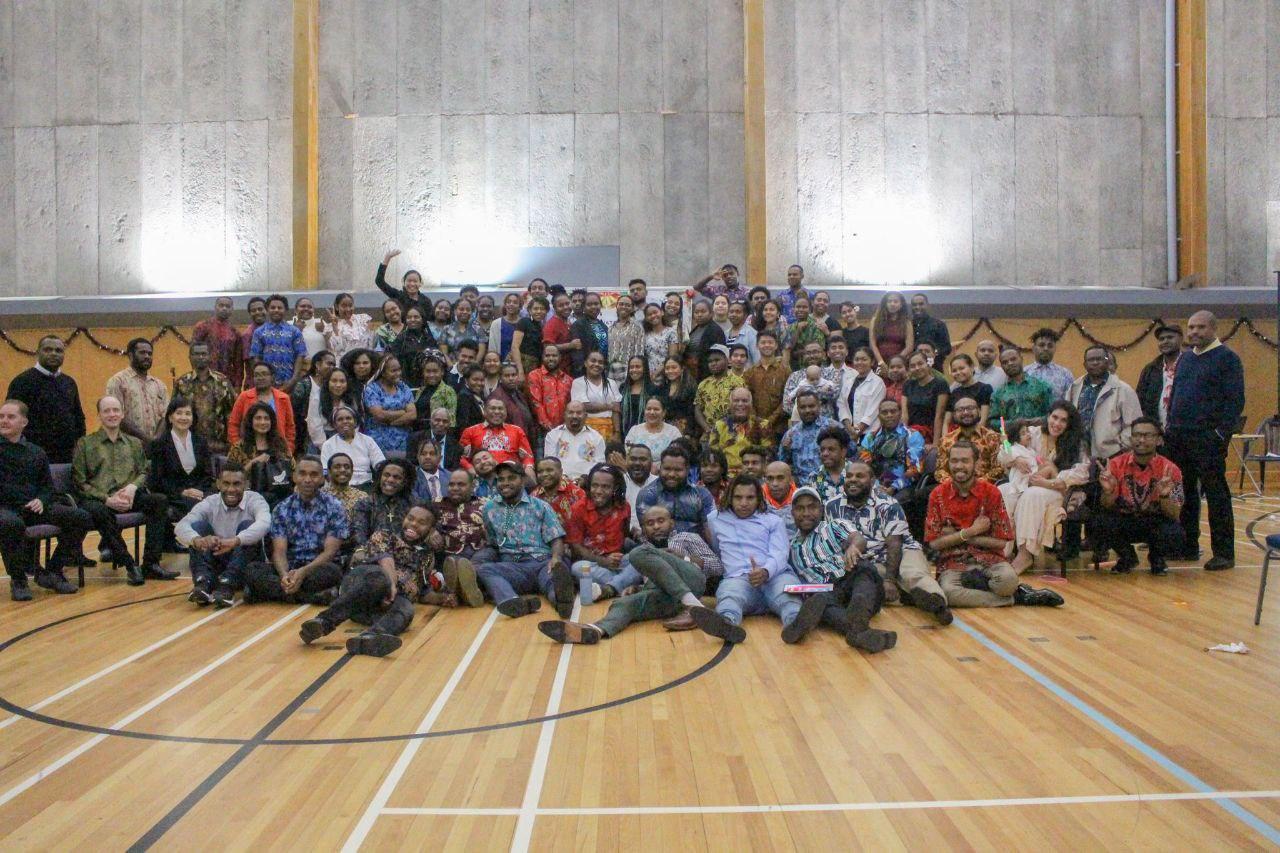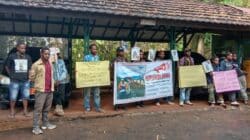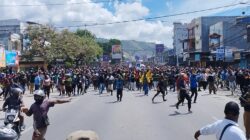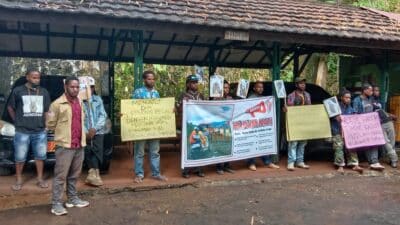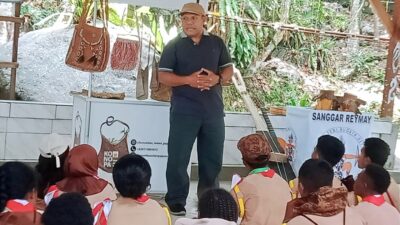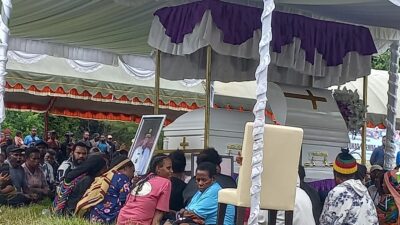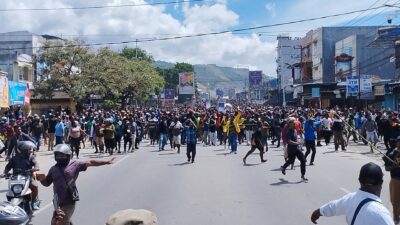Jayapura, Jubi – Papuan students abroad have expressed their concerns regarding the fate of their education following the issuance of Law No. 21/2021 about the second amendment to Papua’s Special Autonomy (Otsus) Law.
As a result of the amendment, several priority programs of the Papuan Provincial Government were terminated, including programs in the field of education, economic empowerment, and health. In education, for example, there is a transfer of ten percent of education funds managed by the Papua Provincial Government to regency and city administrations in Papua.
According to the students, the transfer of funds did not take into account the ongoing scholarship program for Papuan students abroad.
For this reason, students belong to the Papuan Student Association in Australia, New Zealand, the United States, Canada, Japan, Russia, and Germany demand the central government to consider giving back ten percent of the education allocation to the Papua Provincial Government for the sake of the scholarship program continuation.
They said the central government must be responsible as it had created a policy that has impacted Papua’s Provincial Budget 2022 budget, including tuition fees and living costs for scholarship recipients. They said the central government must guarantee the continuation of the scholarship program.
“The central government should stop ‘killing’ Papuan human resources through inconsiderate policies,” said head of the Papuan Student Association in Russia Dessy F. Itaar on Thursday, January 27, 2022.
According to head of the Papua Students Association of Oceania (Australia and New Zealand) Yan Piterson Wenda, currently, there were at least 400 Papuan students receiving scholarships abroad, comprising 25 students in Australia, 77 in New Zealand, five in Japan, 250 in the US and Canada, 38 in Russia, and five in Germany. Of this figure, Wenda said, there were 84 students in the US and 41 in New Zealand who had received an email from the Papua Provincial Government that they would soon be repatriated to Papua.
“This is the impact that we Papuan students abroad feel. It is likely that there will be more names who will be repatriated as well,” said Wenda.
Kerry, one of the Papuan students in New Zealand, said the impact of the new policy regarding education funds in the Otsus Law had been felt by Papuan students in New Zealand, including delays in allowance and no update about the tuition payment.
“We need money to eat. We have a monthly allowance that should have been disbursed in the second week of January 2022, but it hasn’t been disbursed yet. We also haven’t heard about the tuition payment process,” said the student at the Waikato University, New Zealand.
Kerry said the central government’s decision had made the Papuan children studying abroad victims. Therefore, he demanded the central government be responsible. “Because what we are talking about is not just for today, but for the future of all Papuan children who will study abroad,” said Kerry.
Meanwhile, head of the Papuan Student Association in Japan Melani S. Ramandey hoped to be facilitated to have a dialogue with President Joko Widodo or related ministers to convey their aspirations. “We need a dialogue with President Jokowi. Believe me, we cannot possibly take steps that are detrimental to our future,” she said.
Furthermore, the students also mentioned their concerns about the district and city administrations managing their education funds, because, from past experience, even the student management in the provincial government itself had not performed well.
Currently, of the total Rp 5.5 trillion (US$ 385 million) Papua Special Autonomy Fund disbursed by the central government for Papua Province, only Rp1.3 trillion is managed by the provincial government. The remaining Rp 4.4 trillion will be transferred directly to 29 regencies and cities in Papua.
“We don’t know whether the regency and city administrations are able to manage our situation in the future,” said Ramandey. (*)
Reporter: Theo Kelen
Editor: Syofiardi


